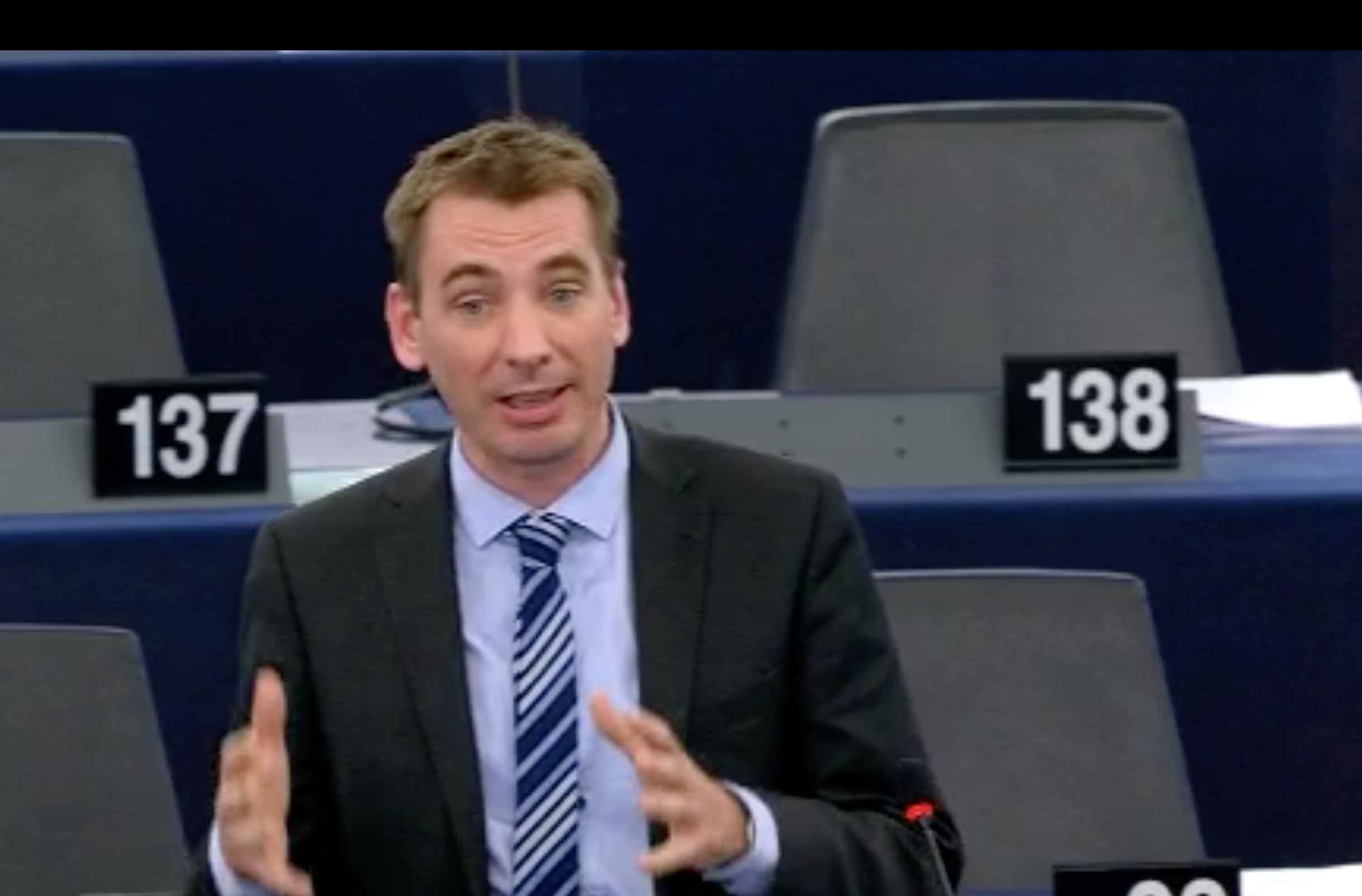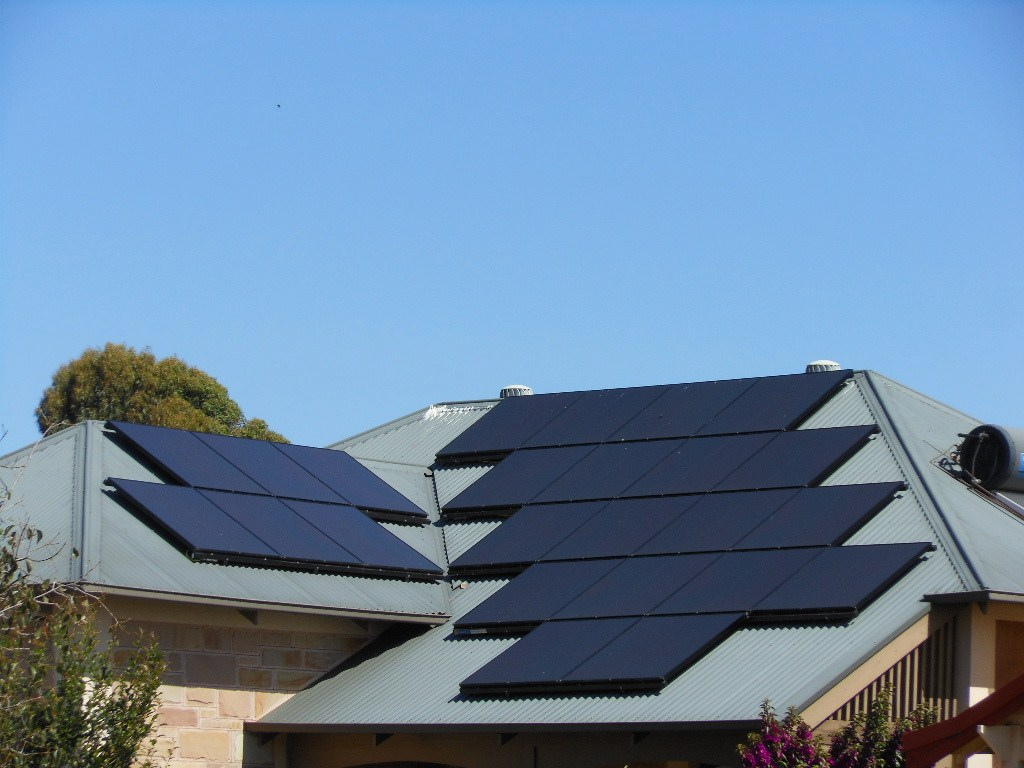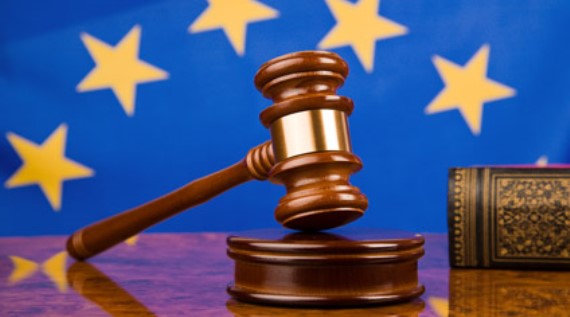Members of the European Parliament will stop at nothing until EU laws aimed at tackling court cases that intimidate investigative journalists and independent media are introduced, MEP David Casa said yesterday.
The Nationalist MEP gave comments to The Sunday Times of Malta in the wake of calls by a cross-party group of europarliamentarians on Friday, proposing new EU laws to address SLAPPs (strategic lawsuit against public participation).
The group – made up of Mr Casa, Ana Gomes, Monica Macovei, Maite Pagazaurtundúa, Stelios Kouloglou and Benedek Jávor – wants the European Commission to create a directive which would allow journalists and media houses to ask for such suits to be dismissed and seek compensation while also fining companies which dodge the directive by filing SLAPP lawsuits in non-EU jurisdictions.
Read: SLAPP down companies bullying free press, MEPs urge Commission
The MEPs have also asked for the creation of a fund for journalists and media houses fighting such suits and that the Commission names and shames companies which resort to SLAPP tactics.
A call for such anti-SLAPP legislation was also made in the report by MEPs from the Pana and Libe committees, who carried out a two-day fact-finding mission in Malta last year. The report was published last Thursday.
The delegation looked into allegations of maladministration and money laundering in Malta, meeting with the Prime Minister, the Police Commissioner, the Chief Justice, representatives of the Malta Financial Services Authority and Financial Intelligence Analysis Unit, as well as journalists and civil society activists.
According to Mr. Casa, the MEPs will now be waiting for the Commission to respond, pointing out that if there is no action, a number of options were available to them, including making the call on the Commission during plenary.
“But more concretely we could also use a particular mechanism to draft the directive ourselves and send it to the Commission to propose. We can do this under a provision of the Treaty on the Functioning of the European Union.
“What is certain is that we are determined and committed to push for this legislation for as long as necessary,” Mr Casa said.
On the other recommendations in the report – mainly those calling on the European Banking Authority (EBA) and the European Central Bank (ECB) to assess whether the MFSA has fulfilled its obligations and to investigate whether Pilatus Bank holding a licence requires an intervention – Mr Casa said this was a different situation.
While the request to the ECB to take action had originally come from him alone, it was now the European Parliament which was making such calls on both the ECB and the EBA, the MEP explained.
“It should be the MFSA of its own volition that does what should have been done ages ago and revokes Pilatus’ license.
“On my part I will be communicating with the ECB again in the coming week, as I have received further evidence confidentially which needs to be passed on to them,” Mr Casa went on.
On a national level, the report points out that keeping politicians suspected of money laundering in office affects the government’s credibility, fuels a perception of impunity and could result in further damage to State interests by enabling the continuation of criminal activity.
When questioned on Friday about the recommendation to remove those named in the Panama Papers, Prime Minister Joseph Muscat said simply: “We take our decisions”.
He added that the MEPs who travelled to the island on the fact-finding mission had decided what they were going to say even before coming to Malta.




